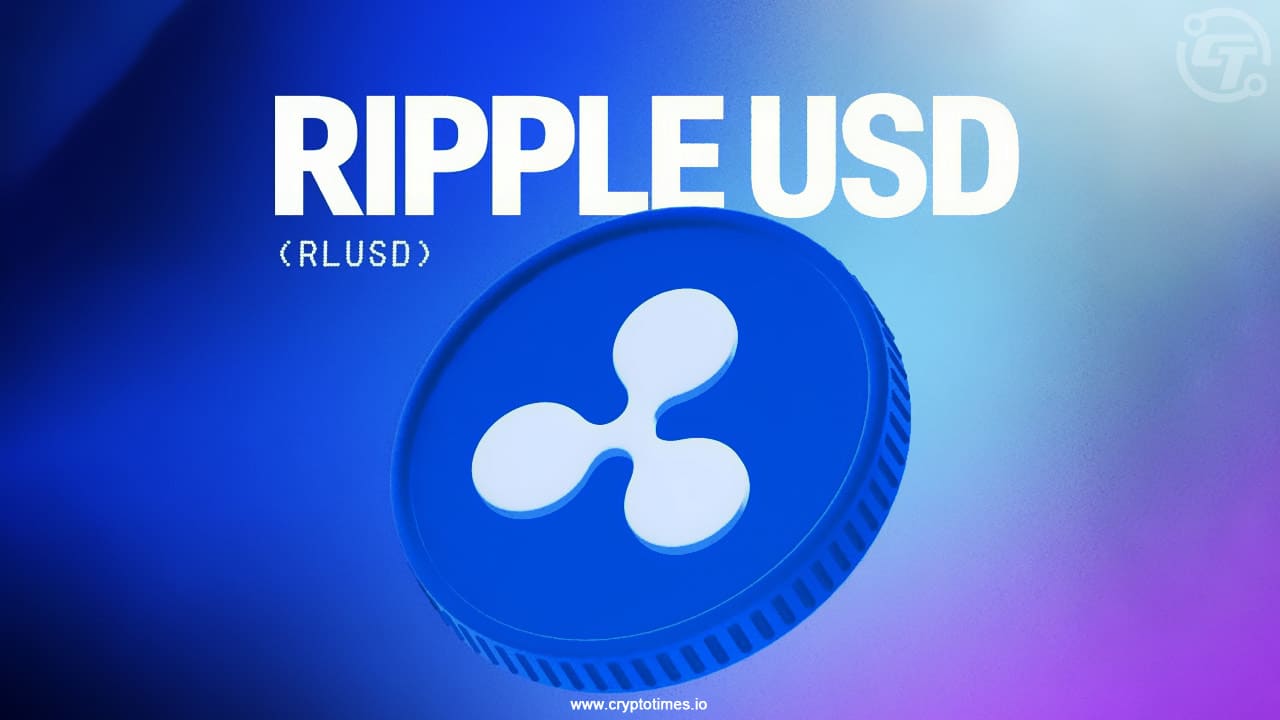Ripple, a leading provider of enterprise blockchain and crypto solutions, has initiated a pilot program in Kenya leveraging its newly launched stablecoin, Ripple USD (RLUSD), to provide drought relief.
The initiative, which was unveiled on Friday, aims to deliver transparent and efficient financial aid to pastoral communities affected by the recurring severe droughts in the arid and semi-arid regions of Laikipia County.
Read also: Ripple and Chipper Cash partner to expand cross-border payments in Africa
Ripple joins forces with Mercy Corps & DIVA
The project is a collaboration between Ripple, Mercy Corps Ventures, and DIVA Donate, a decentralised finance platform for charitable giving. Together, they will employ blockchain technology to deliver financial assistance through RLUSD to the targeted communities.
Team Ripple indicated in a blog post that this pilot aligns with their broader strategy to expand the impact of cross-border payments.
The core of the pilot program will rely on a data-driven and automated approach. Satellite technology will monitor vegetation health and density using the Normalized Difference Vegetation Index (NDVI). This data will serve as an early indicator of potential drought conditions affecting livestock.
Smart contracts will hold donated funds in escrow and are programmed to automatically distribute about $75 (around 9,600 Kenyan shillings) in RLUSD to participating pastoralists if satellite data detects drought triggers by May 31, 2025. Organisers estimate this amount will be sufficient for one animal’s six-month food and water needs. Roughly 533 pastoralists in Laikipia County are expected to benefit from this initial phase.
Read also: Coinbase launches new update ‘Verified Pools’ to enhance on-chain trading security
Aims for transparency and efficiency
In the blog post, Ripple emphasised the potential of blockchain and stablecoins to revolutionise aid delivery. “With the increased transparency of blockchain, all transactions become visible on a public ledger and can be verified”
Furthermore, the programmability of smart contracts ensures that funds are disbursed only when predefined conditions are met, eliminating the need for intermediaries and addressing issues of delay and inaccessibility often associated with traditional aid distribution methods.
The RLUSD pool for the program will be open for public contributions, which will allow anyone to donate by connecting a digital wallet. Also, they will have the option to either withdraw their RLUSD later or allocate it to future aid campaigns.
Ripple intends to publish the results of this pilot project later this summer, providing valuable insights into the effectiveness of blockchain-based humanitarian support.
This initiative builds upon Ripple’s existing efforts through its Ripple Impact program, which supports organisations in utilising blockchain for financial inclusion and aid delivery.
















